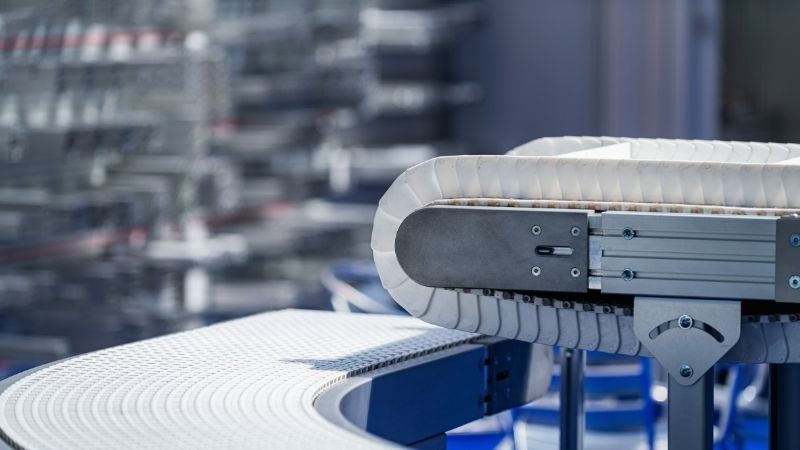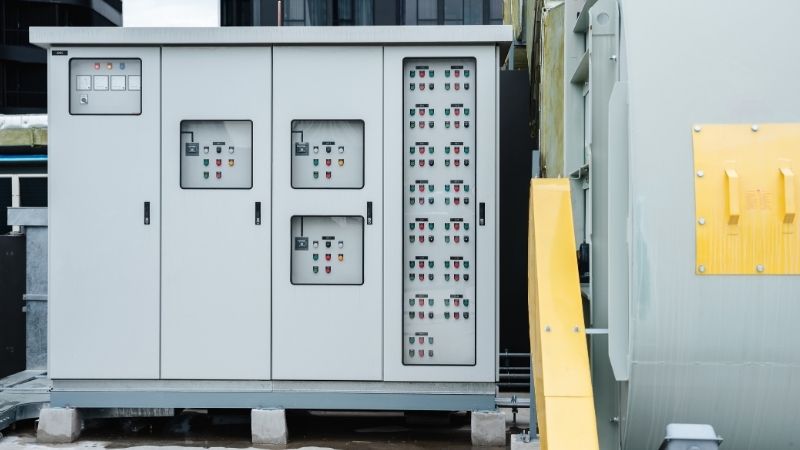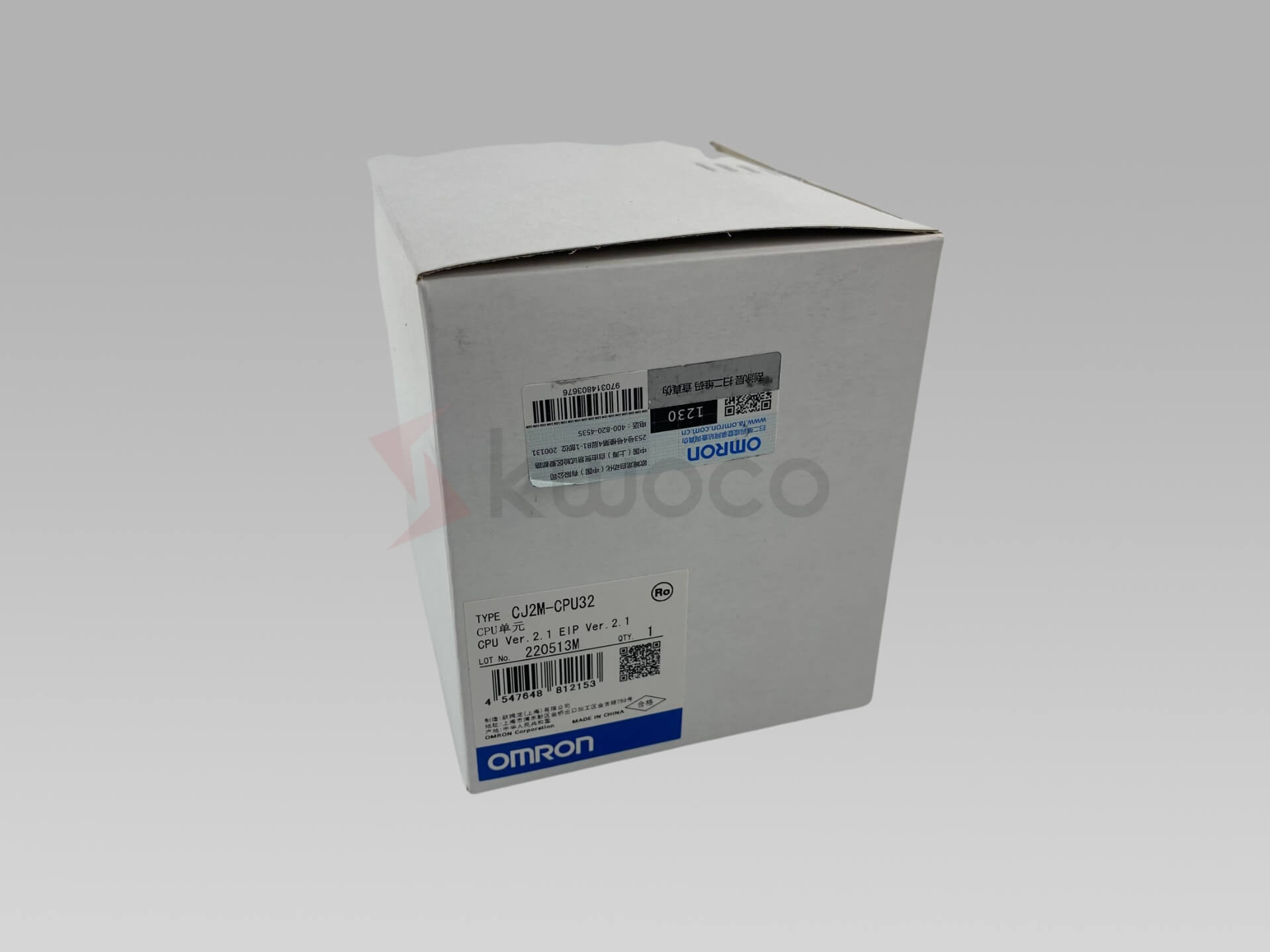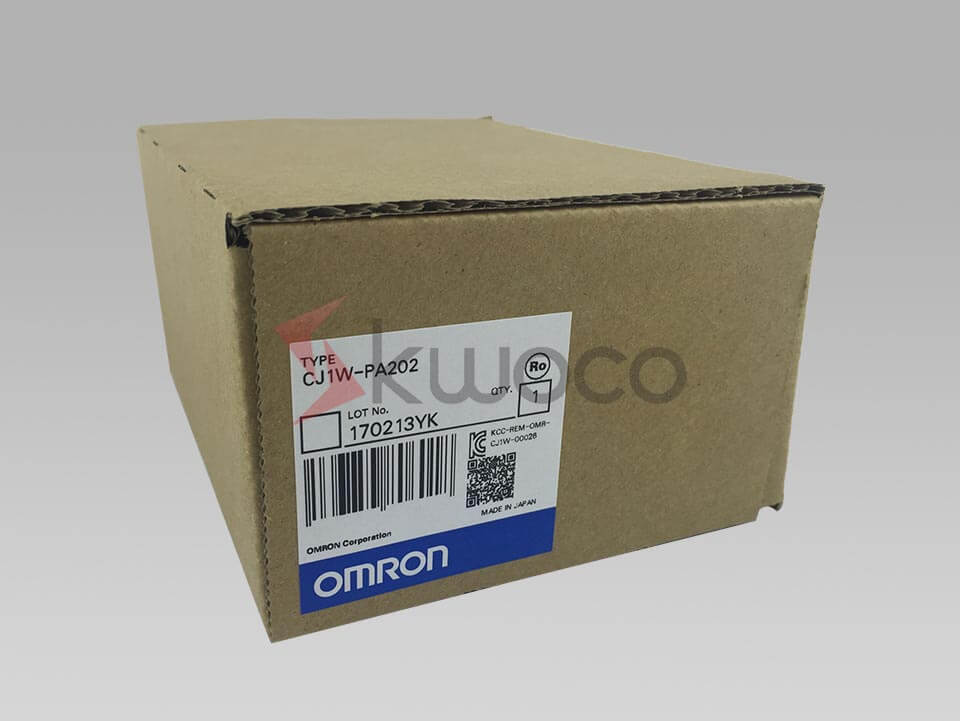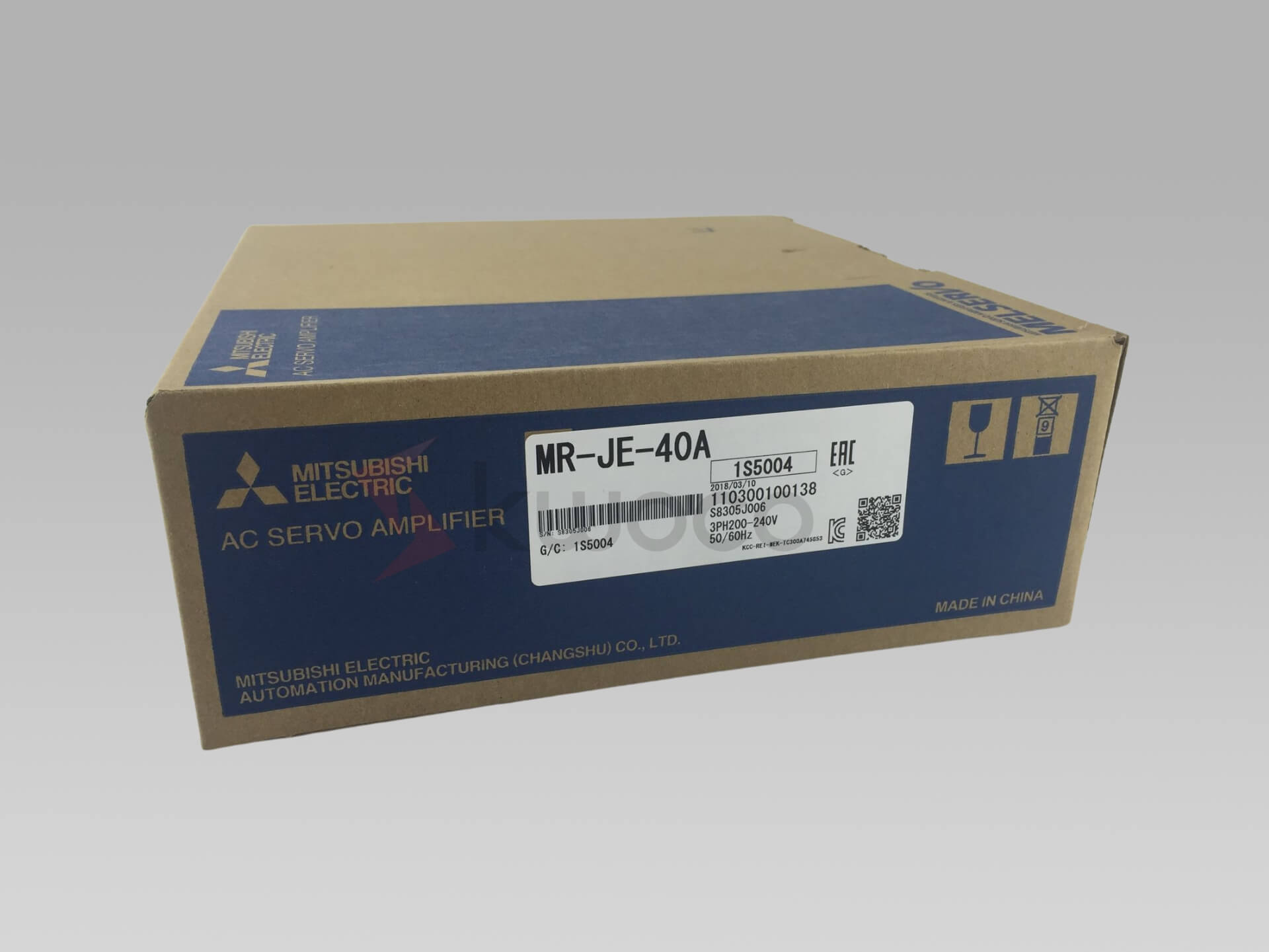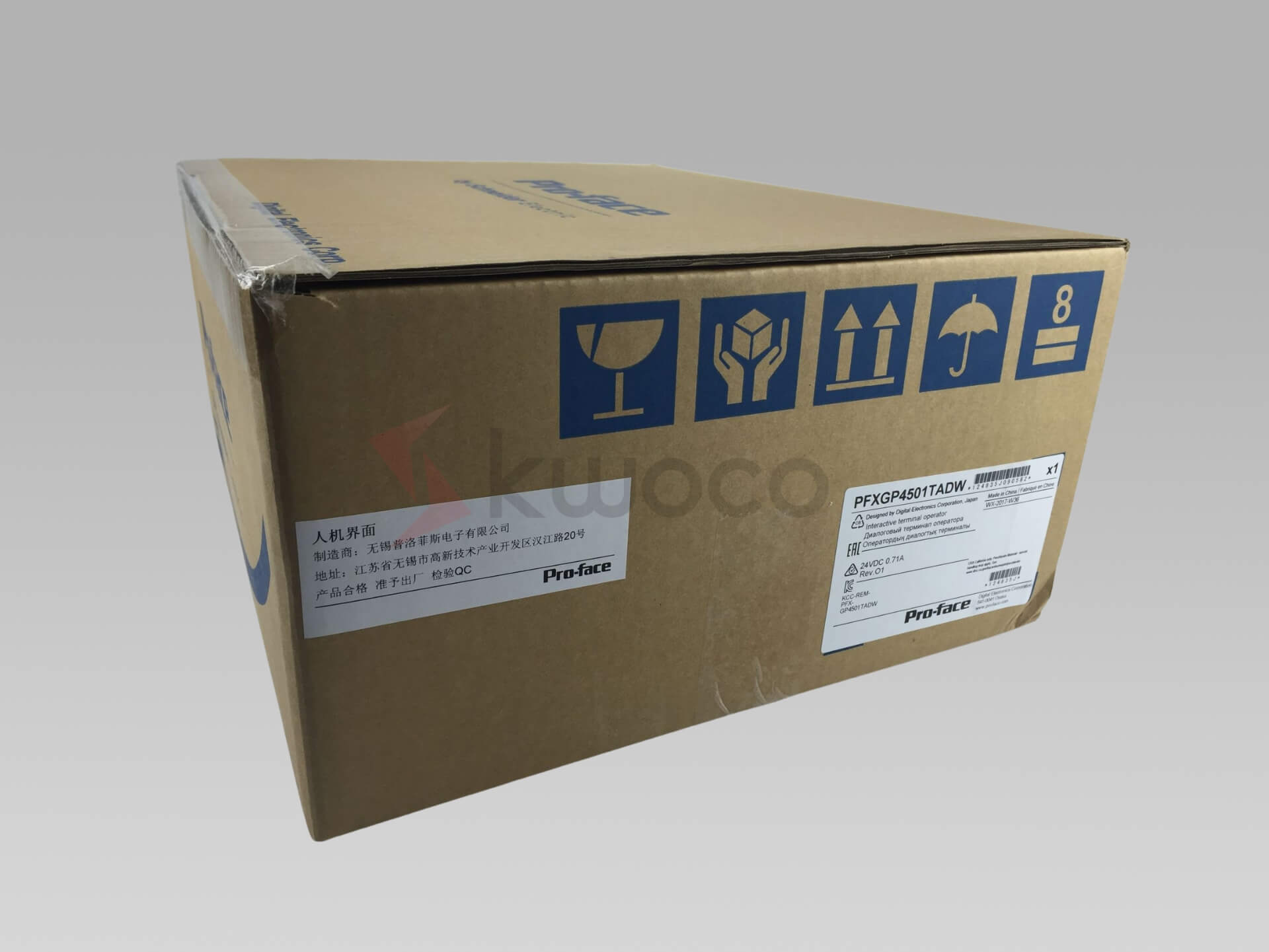Risoluzione dei problemi comuni dei guasti dei PLC: una guida ai controllori logici programmabili
Questa guida approfondisce le cause più comuni di PLC guasti e fornisce suggerimenti pratici per la risoluzione dei problemi, aiutandoti a mantenere prestazioni ottimali nei tuoi sistemi PLC.
Sommario
Quali sono le cause dei guasti dei PLC nei sistemi di controllo?
Comprendere le ragioni alla base dei guasti del PLC è fondamentale per mantenere sistemi di controllo efficienti. Ecco alcuni problemi comuni che possono portare a problemi del PLC.
Usura dei componenti interni
Nel tempo, i componenti interni del PLC, come l'unità centrale di elaborazione (CPU) e i moduli, potrebbero usurarsi a causa del funzionamento continuo.
- Problemi di CPU:I problemi con la CPU possono causare instabilità o guasti del sistema.
- Moduli difettosi:I moduli PLC, compresi i moduli di input/output, possono guastarsi, causando interruzioni del sistema.
- Corruzione della memoria PLC: La memoria di un PLC memorizza programmi e dati; un eventuale danneggiamento può causare comportamenti imprevedibili.
Fattori esterni e condizioni ambientali
I fattori esterni possono avere un impatto significativo sulle prestazioni dei PLC.
- Rumore elettrico e interferenza elettromagnetica (EMI): Il rumore elettrico e le interferenze elettromagnetiche possono interrompere i segnali all'interno del sistema PLC.
- Fluttuazioni di tensione: Problemi di tensione possono causare problemi di alimentazione, influenzando il funzionamento del PLC.
- Ambienti industriali difficili: L'esposizione a temperature estreme e alla polvere può danneggiare i componenti interni.
Errori umani e pratiche di manutenzione
Errori umani e scarsa manutenzione possono causare guasti al PLC.
- Programmazione errata: Errori nel programma PLC possono causare il malfunzionamento del sistema.
- Manutenzione impropria: Trascurare la riparazione e la manutenzione può causare un'usura inosservata.
- Collegamenti allentati: Collegamenti allentati all'interno del modulo di controllo PLC o con i dispositivi di campo possono causare problemi intermittenti.
Conoscendo le cause più comuni dei guasti dei PLC, è possibile implementare strategie per evitare questi problemi e garantire l'affidabilità dei sistemi PLC.
In che modo le interferenze elettriche influiscono sulle prestazioni del PLC?
Le interferenze elettriche rappresentano un problema significativo che può causare guasti al PLC e instabilità del sistema.
Capire il rumore elettrico
Il rumore elettrico è un disturbo indesiderato che interessa i circuiti elettrici.
- Interferenza elettromagnetica (EMI): Causato da dispositivi come i motori, provoca interruzioni nel PLC.
- Interferenza radiofrequenza (RFI): Emesso da dispositivi wireless e può influenzare la comunicazione del PLC.
Impatto sui sistemi PLC
- Perdita di dati: Rumore elettrico può corrompere i dati all'interno del PLC.
- Arresti anomali del sistema: Gravi interferenze potrebbero causare il ripristino o l'arresto anomalo del sistema PLC.
- Guasti intermittenti: Porta a problemi PLC imprevedibili e difficili da diagnosticare.
Strategie di mitigazione
- Messa a terra corretta: Garantire l'integrità della messa a terra con un filo di terra dedicato riduce le interferenze.
- Cavi schermati: Utilizzo di cavi schermati per ridurre al minimo le interferenze elettriche.
- Filtri EMI/RFI: Installazione di filtri per bloccare i segnali indesiderati.
L'implementazione di queste strategie aiuta a impedire che il rumore elettrico interferisca con i sistemi PLC.
Risoluzione dei problemi di guasti dei moduli nei sistemi PLC
I guasti dei moduli sono un problema comune che può causare guasti al sistema nei sistemi di controllo PLC.
Identificazione dei guasti del modulo
- Codici di errore e messaggi di errore: Il PLC potrebbe visualizzare codici specifici che indicano problemi.
- Letture incoerenti: I dispositivi di campo potrebbero fornire dati irregolari.
- Instabilità del sistema: Il sistema potrebbe diventare instabile o subire crash di sistema.
Cause comuni
- Problemi di tensione: La sovratensione o la sottotensione possono danneggiare i moduli.
- Usura e rottura: L'uso prolungato può causare l'usura dei moduli.
- Collegamenti allentati: I collegamenti ai moduli o ai dispositivi di campo potrebbero allentarsi.
Passaggi per la risoluzione dei problemi
- Controllare i livelli di tensione: Assicurarsi che l'alimentatore fornisca la tensione corretta.
- Ispezionare le connessioni: Serrare eventuali collegamenti allentati.
- Sostituire i moduli difettosi: Sostituire i moduli che mostrano segni di guasto.
Intervenendo tempestivamente sui guasti dei moduli, è possibile preservare l'affidabilità dei sistemi di controllo PLC.
L'importanza dell'integrità della messa a terra nelle operazioni PLC
L'integrità della messa a terra è fondamentale per il funzionamento sicuro ed efficiente dei PLC.
Vantaggi di una corretta messa a terra
- Riduce il rumore elettrico: Riduce al minimo le EMI e le RFI, garantendo l'integrità del segnale.
- Previene i loop di terra: Evita percorsi di corrente indesiderati che possono interrompere il PLC.
- Migliora la sicurezza: Protegge da scosse elettriche e danni alle apparecchiature.
Problemi comuni di messa a terra
- Installazione non corretta: Una messa a terra non corretta può causare più rumore.
- Corrosione e danni: Può compromettere il filo di terra, influendo sull'integrità della messa a terra.
Buone pratiche
- Ispezioni regolari: Controllare i sistemi di messa a terra per individuare eventuali segni di usura.
- Utilizzare terreni dedicati: Impedisce interferenze da parte di altre apparecchiature.
- Seguire gli standard del settore: Rispettare le linee guida per la messa a terra negli ambienti industriali.
Una corretta messa a terra garantisce il funzionamento dei sistemi PLC senza interferenze dovute a rumore elettrico.
Risoluzione dei problemi di alimentazione nei PLC
I problemi di alimentazione possono causare interruzioni significative nei sistemi PLC.
Problemi comuni di alimentazione
- Sbalzi di tensione: Può danneggiare i componenti interni del PLC.
- Fluttuazioni di tensione: Porta all'instabilità nel sistema PLC.
- Interruzione di corrente: La perdita totale di energia elettrica interrompe le operazioni.
Soluzioni
- Protezione contro le sovratensioni: Installare dispositivi di protezione contro le sovratensioni.
- Gruppi di continuità (UPS): Fornire una fonte di alimentazione di backup per il PLC.
- Manutenzione ordinaria: Controllare l'alimentatore per eventuali segni di guasto.
Cause dei problemi di alimentazione
- Guasto alla rete: Problemi di alimentazione esterna che influiscono sull'alimentazione del PLC.
- Guasto del componente interno: Guasti nel modulo di potenza del PLC.
- Fattori esterni: Condizioni ambientali che causano problemi di alimentazione.
Grazie alla gestione proattiva dei problemi di alimentazione, è possibile prevenire guasti imprevisti del PLC.
Domande frequenti
Quali sono i segnali più comuni di un imminente guasto del PLC?
Tra i segnali rientrano guasti intermittenti, crash di sistema imprevisti, codici di errore e comportamenti insoliti dei dispositivi di campo.
Come posso ridurre al minimo il rumore elettrico nel mio sistema PLC?
Utilizzare cavi schermati, garantire una corretta messa a terra e installare filtri EMI/RFI per ridurre le interferenze elettriche.
Perché la messa a terra è importante per i PLC?
Una corretta messa a terra riduce il rumore elettrico, previene i loop di terra e migliora la stabilità e la sicurezza del sistema.
Quali sono le cause dei guasti dei moduli nei PLC?
Le cause includono problemi di tensione, usura e collegamenti allentati con moduli o dispositivi di campo.
Dai potenza ai tuoi progetti con i nuovi PLC originali Omron, Mitsubishi e Schneider, disponibili in magazzino e pronti da subito!
Conclusione
Comprendendo e affrontando questi problemi comuni, puoi mantenere i tuoi controllori logici programmabili in funzione in modo efficiente, assicurando operazioni fluide nei tuoi processi di automazione. Misure proattive e manutenzione regolare sono essenziali per prevenire guasti dei PLC e ridurre al minimo i tempi di inattività.
Cerchi nuovi PLC originali per i tuoi progetti? Da Kwoco, abbiamo in magazzino gli ultimi PLC dei migliori marchi come Omron, Mitsubishi, E SchneiderAcquista con fiducia: spedizione veloce, qualità garantita! Acquista ora
Contattaci
Basta compilare il tuo nome, indirizzo email e una breve descrizione della tua richiesta in questo modulo. Ti contatteremo entro 24 ore.
Categoria di prodotto
Prodotti in saldo
Potresti trovare interessanti anche questi argomenti

Cos'è un servo e come funziona?
Una domanda che spesso mi viene posta dai clienti è: "Cos'è esattamente un servo e come funziona?" Lasciate che ve lo spieghi.
I servo sono componenti essenziali nell'automazione moderna. Forniscono un controllo preciso sul movimento, che è fondamentale in molte applicazioni industriali.

Quali sono i tre tipi di PLC?
Quali sono i tre tipi di PLC? Quando si sceglie il PLC (Programmable Logic Controller) giusto per la propria applicazione, è importante comprendere
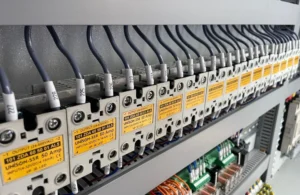
PLC a relè o PLC a transistor: quale si adatta meglio alle tue esigenze di controllo?
PLC a relè o PLC a transistor: quale si adatta alle tue esigenze di controllo? Nel mondo dell'automazione industriale, la scelta del giusto

